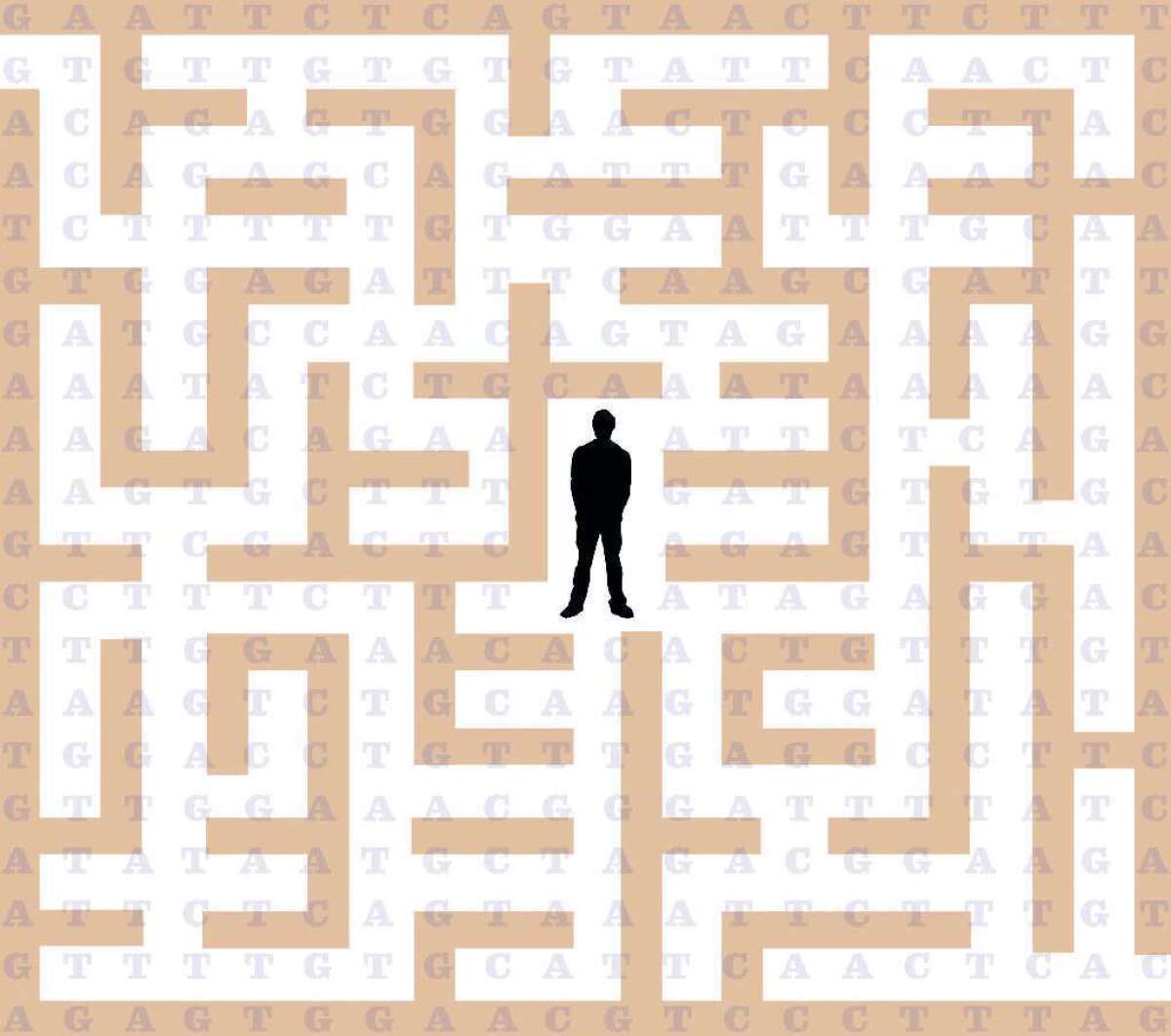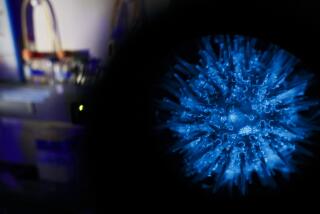Editing life: Scientists can, but should they?

The possibility of editing an individualâs âgerm lineâ--genes that remain stable throughout life and can be passed on to future generations -- is already here. But the way forward with these techniques is far from clear.
While politicians and climate scientists converged on Paris on Monday to hammer out a global-warming accord, an international cadre of geneticists, biologists, ethicists and scientific policymakers opened a three-day conference in Washington to debate the way forward on a far more subtle man-made challenge: genome editing.
The question before the U.S. National Academies of Science, Engineering and Medicine, Britainâs Royal Society and the Chinese Academy of Sciences: Now that new techniques have made the editing of an organismâs germ line a relative snap, should we use the new tools, and how?
Hanging in the balance are genome-editing practices that could have broad agricultural and environmental applications. Those are intriguing, potentially lucrative and raise prospects exciting and scary.
But the scientific and ethical issues raised by those applications are eclipsed by concerns over the prospective use of genome-editing techniques on humans.
The editing of a human individualâs âgerm-lineâ would introduce changes that not only change his or her DNA for life: that changed genetic architecture would be passed on to future generations. Essentially, new and widely available techniques for genome editing would allow scientists to seize the reins of evolution and bypass the glacial process by which natural selection has evolved a range of human traits, including a propensity for certain diseases.
The use of these techniques could permanently expunge a devastating genetic disease -- say, Huntingtonâs disease -- from a familyâs tree. But many scientists worry that it could saddle future generations with new and unforeseen genetic changes -- including harmful mutations -- that might not be reversed or eradicated so easily.
The unfathomable possibility of such âoff-target effects,â as they are called, haunts scientists who would otherwise focus on the remarkable curative possibilities offered by genome editing.
On Monday, two scientists -- Harvard University geneticist George Church and Jennifer Doudna, a molecular and cell biologist at UC Berkeley -- previewed that debate in the pages of the journal Nature.
Doudna renewed her clarion call against genome editing in humans -- a position that all parties to the conference (though neither the Chinese nor U.S. governments) have voluntarily agreed to for now.
Church contended that regulatory mechanisms are up to the task of policing a cautious path forward on genome editing. Continuing the voluntary ban would âput a damper on the best medical research,â he added, driving human genome editing underground where, unregulated, it could run amok.
Both scientists appear to agree that a newly devised genome-editing technique called CRISPR-Cas9 has made an outright ban on its use impractical. These easy-to-use, inexpensive and effective genome-editing methodologies have âchanged the landscape of biology,â wrote Doudna.
In pursuing the environmental and agricultural use of genome editing, Doudna urged that scientists and policymakers move forward cautiously, stress safety, agree on how to measure and assess the prospect of âoff-target effects.â In doing so, scientists and policymakers would lay the foundation for guideline and regulation that would stipulate the limits of and circumstances surrounding its use.
But, she added, âhuman germline editing for the purposes of creating genome-modified humans should not proceed at this time, partly because of the unknown social consequences, but also because the technology and our knowledge of the human genome are simply not ready to do so safely,â she wrote.
Church argued that concern over âoff-target effectsâ and the irreversibility of genome editing should not preclude its use on humans. Changes to a humanâs germ line probably are reversible, he wrote. And, in any event, he added, âwe already know that germline editing is unlikely to cause dangerous, unforeseen mutations.
Church also dismissed as neither unique nor new ethicistsâ concerns that genome-editing robs future generations of having a say in decisions that can profoundly influence who they are.
âOffspring do not consent to their parentsâ intentional exposure to mutagenic sources that alter the germline, including chemotherapy, high altitude and alcohol, nor to decisions that reduce the prospects for future generations, such as misdirected economic investment and environmental mismanagement,â he wrote.
Finally, Church wrote, thereâs too much at stake to voluntarily cede a leading role in human germ-line editing. One fifth of the worldâs population embraces customs that allow marriage between blood relations, meaning that evolution alone will not make inherited diseases.
âTo think that there is not already a cadre of [in vitro fertilization] physicians already engaged in such practices, perhaps even supported by governments, is to ignore, for example, the history of doping in sport,â Church wrote. âThese kinds of ambitious individuals and institutions are unlikely to be dissuaded by an agreement made on their behalf by others with a different point of view.â
Follow me on Twitter @LATMelissaHealy and âlikeâ Los Angeles Times Science & Health on Facebook.







